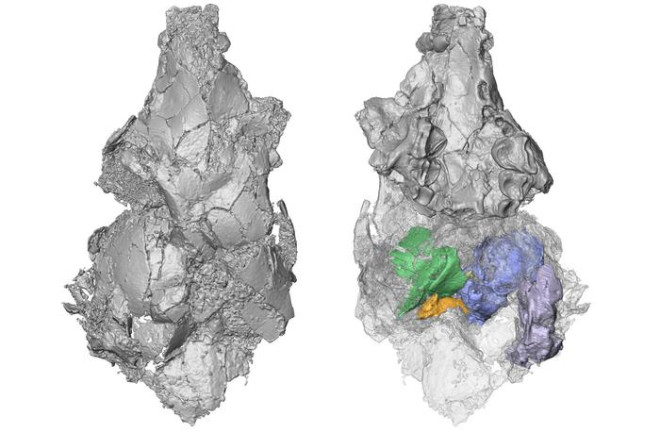A new look at the skull of a tiny extinct mammal has revealed to researchers that it did not belong to the primate order as previously thought, reversing a decades-long notion about the identity of this elusive mammalian family, known as “picrodontids.”
Mouse-sized picrodontids, living several million years after the extinction of dinosaurs, were placental mammals that likely lived on a diet of fruit, nectar, and pollen. Until now, they were envisioned as primates because of their teeth, which share features with the teeth of living primates. A research paper published in Royal Society’s Biology Letters has now dispelled this idea and designated picrodontids as separate from primates.
How Do We Know Picrodontids Are Not Primates?
According to a press release statement, this revelation came to light when Jordan Crowell, an anthropology Ph.D. candidate at the CUNY Graduate Center and lead author on the paper, used modern CT scan technology to analyze the only known preserved picrodontid skull in Brooklyn College’s Mammalian Evolutionary Morphology Laboratory. Crowell worked with his Ph.D. adviser, anthropologist Stephen Chester, and John Wible, Curator of Mammals at the Carnegie Museum of Natural History, to verify that picrodontids are not closely related to primates after all.







